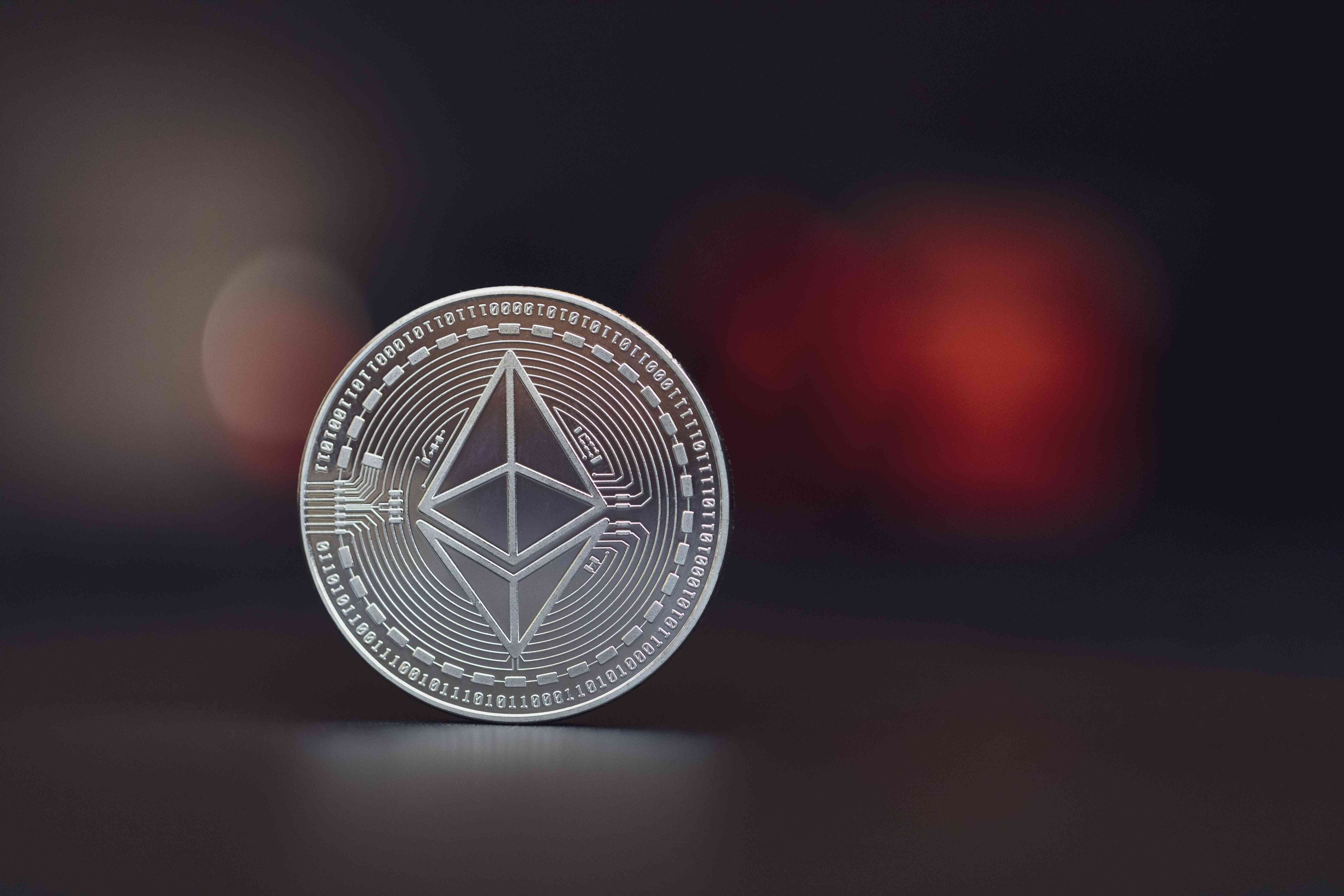
Key Takeaways
- Spot ether ETFs will start trading on U.S. exchanges Tuesday. Nine ETFs will be traded on the Cboe BZX, Nasdaq, and NYSE Arca.
- The ether ETFs give investors price exposure to their underlying assets.
- Fees on these new ETFs generally range from 0.15% to 0.25%.
- These ETFs do not come with exposure to Ethereum staking.
The U.S. Securities and Exchange Commission (SEC) has officially approved nine spot ether ( ETH ) exchange-traded funds (ETFs) for trading on U.S. exchanges. Trading for these new crypto investment vehicles will begin today. Here’s everything you need to know.
Which new ether ETFs start trading today?
The spot ether ETFs that begin trading today can be found on Nasdaq , NYSE Arca , and Cboe BZX. Here is a breakdown of each ETF you can find on these three exchanges, in addition to the funds’ tickers:
Cboe BZX will list the Invesco Galaxy Ethereum ETF (QETH), 21Shares Core Ethereum ETF (CETH), Fidelity Ethereum Fund (FETH), Franklin Ethereum ETF (EZET) and VanEck Ethereum ETF (ETHV).
Nasdaq will have the iShares Ethereum Trust ETF (ETHA) created by BlackRock, which also manages the largest spot bitcoin ETF under the IBIT ticker.
NYSE Arca will list the Bitwise Ethereum ETF (ETHW), and Grayscale Ethereum Trust (ETHE). Grayscale’s Ethereum Mini Trust (ETH), which will also begin trading on the same exchange.
How does an ether ETF work?
The spot ether ETFs are intended to offer exposure to the price of the ether held by the funds. Ether is the underlying cryptocurrency of the Ethereum network, the second-largest crypto network when measured by market cap.
Buyers of the ETFs are purchasing shares of funds that hold ether on behalf of their shareholders. Different spot ether ETFs use different sources of data when it comes to pricing ether. The Grayscale Ethereum Trust, for one, uses the CoinDesk Ether Price Index.
None of the ETFs that will be launched today involve staked ether , which a potential opportunity cost associated with opting for an ETF over other options such as self-custody or a traditional crypto exchange.
Staking ether currently has an annual return of 3.32%, according to the Compass Staking Yield Reference Index Ethereum. However, it’s possible the SEC will eventually approve the staking of ether held by ETFs.
How can I trade ether ETFs?
ETFs can simplify investors’ trading process. In the case of crypto, instead of taking full self-custody of ether and taking care of one’s own private keys , the spot ether ETFs allow investors to purchase the underlying cryptocurrency of the Ethereum network via traditional brokerage accounts.
Not all brokerages may offer spot crypto ETFs to their customers today.
What are ether ETF fees?
The fees associated with each individual spot ether ETF were previously revealed in the S-1 or S-3 (depending on the specific ETF) filing associated with the offerings. These fees are 0.25% or lower for all but one.
The Grayscale Ethereum Trust, which is being converted to an ETF, has a 2.5% fee. The Grayscale Mini Ethereum Trust has the lowest fee rate at 0.15%. These fees are charged on an annual basis for the provider’s management of the fund and are in line with what was previously seen with the spot bitcoin ETFs.
Brokerages may also charge their own fees for crypto trading.

